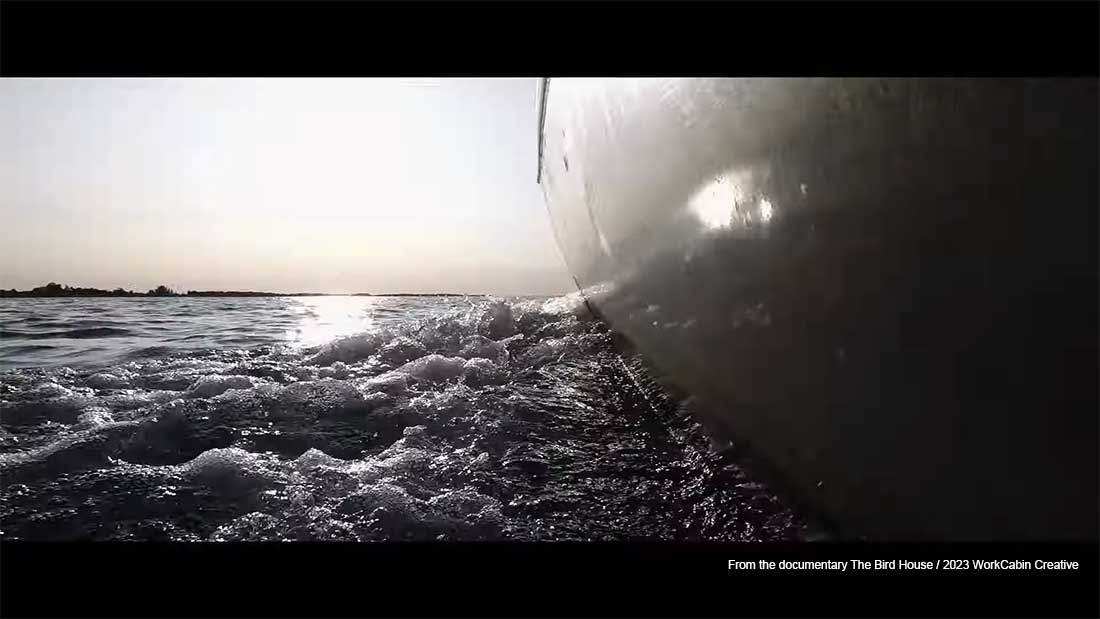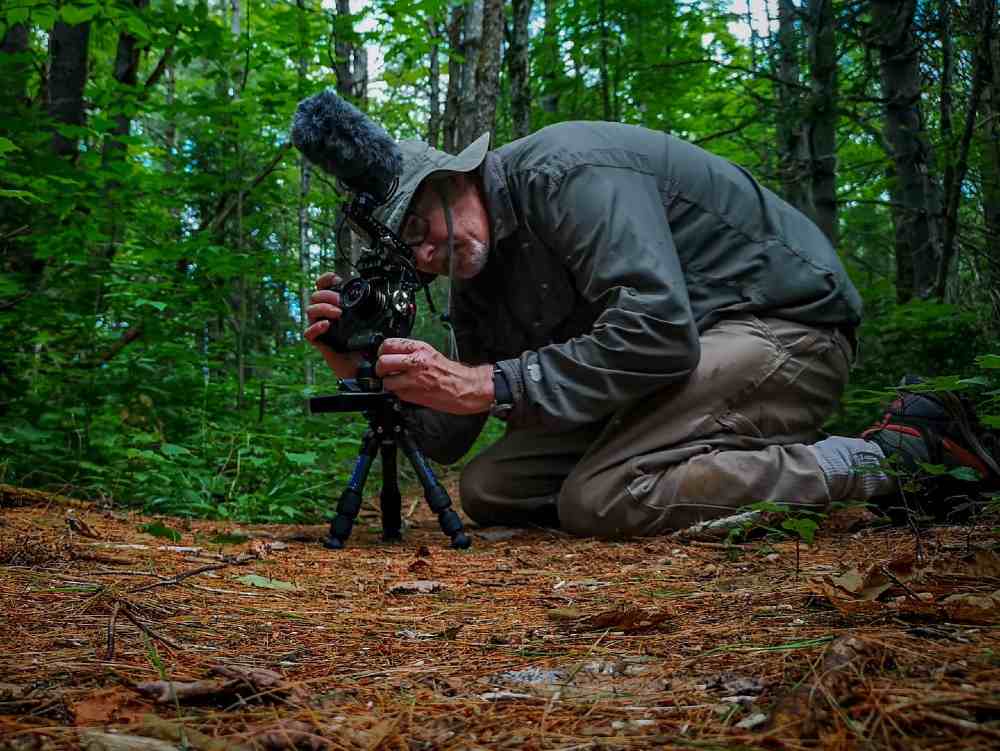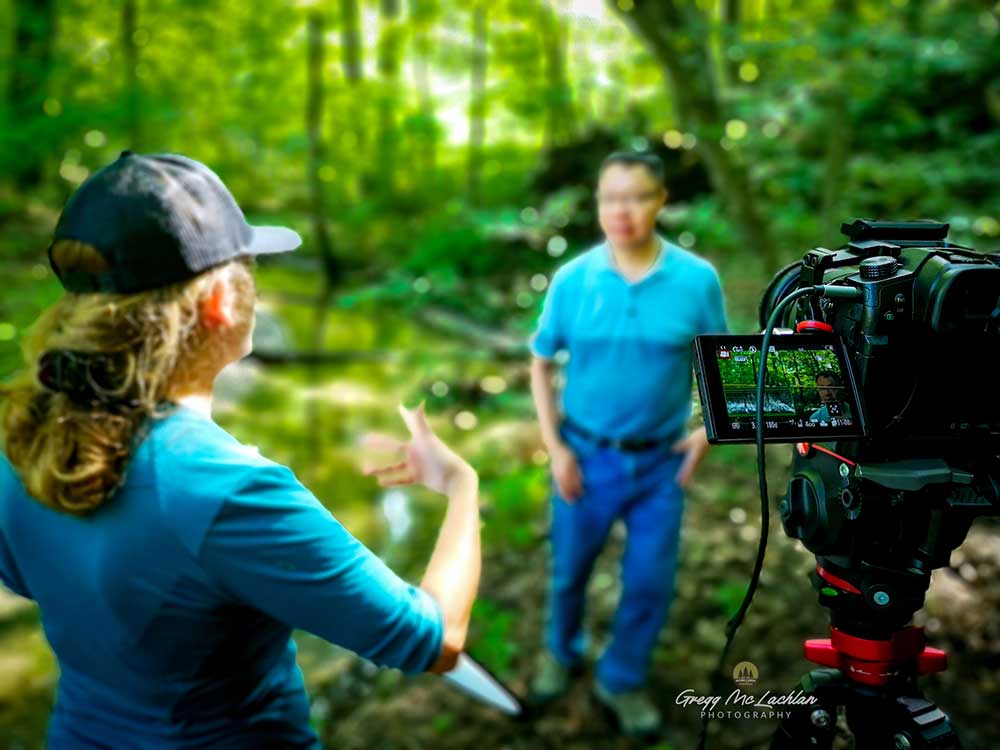

Why Organic Filmmaking is So Powerful
Organic filmmaking isn’t for everyone or every client project. I get that. And it’s sometimes a leap to get organizational buy-in to go the organic route. First, you need to have absolute trust in your conservation filmmaker’s expertise in organic filmmaking to capture and weave a compelling story.
Two of my recent conservation documentary film projects — The Bird House, and the feature-length A Priority Place — were all filmed using an organic approach to filmmaking.
I do think that organic filmmaking has been gaining tremendous traction for those organizations looking to portray what life is like working behind the scenes to save landscapes and protect wildlife.
Organic filmmaking is all about embracing imperfections and capturing the raw essence of reality. Unlike its polished and heavily scripted counterpart, organic filmmaking focuses on capturing unscripted moments and genuine emotions. It’s about letting the camera roll and witnessing stories unfold naturally, without the constraints of a rigid script. It’s a process that captures people being real vs choreographed.
Because there are fewer meetings and endless storyboarding sessions when it comes to organic filmmaking, the emphasis is on what happens in the field. That means adapting to changes tends to happen in the field vs boardrooms. That doesn’t mean adapting is haphazard or unorganized. Quite the opposite. Adapting is more real because it adapts to what’s happening on the ground at the moment.
Why do I love organic filmmaking? Well, it’s all about authenticity. In a world saturated with overproduced content, organic films stand out by offering a refreshing and genuine perspective. There’s something captivating about watching real people and real situations unfold on screen. It’s like peeking into someone’s life through an unfiltered lens, and that kind of authenticity is hard to resist when your primary goal is to build bonds between audiences and what your organization does.
In organic filmmaking, real reactions reign supreme. When actors are not bound by scripted lines, their reactions become more genuine and their emotions more palpable. This power of real reactions brings the audience closer to the characters and their stories. It creates an emotional connection that transcends the screen, leaving a lasting impact on the viewers.
Organic filmmaking is all about breaking free from the confines of conventional storytelling techniques. It challenges the notion that every story needs to follow a predictable narrative structure. Instead, organic films embrace the unpredictable, the messy, and the unconventional. They allow stories to unfold organically, taking unexpected turns and exploring unique perspectives. This approach keeps the audience engaged and invested in the story, as they never quite know what to expect.
When a conservation documentary embraces authenticity, it allows viewers to connect on a deeper level with the characters and the story. Instead of relying on contrived plot twists or over-the-top performances, organic filmmaking focuses on real emotions and experiences. It captures the nuances of human behaviour, the rawness of joy, sorrow, love, and everything in between. It’s this authenticity that makes the emotional impact of a documentary all the more powerful.
- What’s The Importance of B-roll in Conservation Storytelling? - April 22, 2024
- What’s It Really Like Being a Conservation Filmmaker? - April 15, 2024
- Filmmaking Explainer: What Is Post-Production? - April 6, 2024




